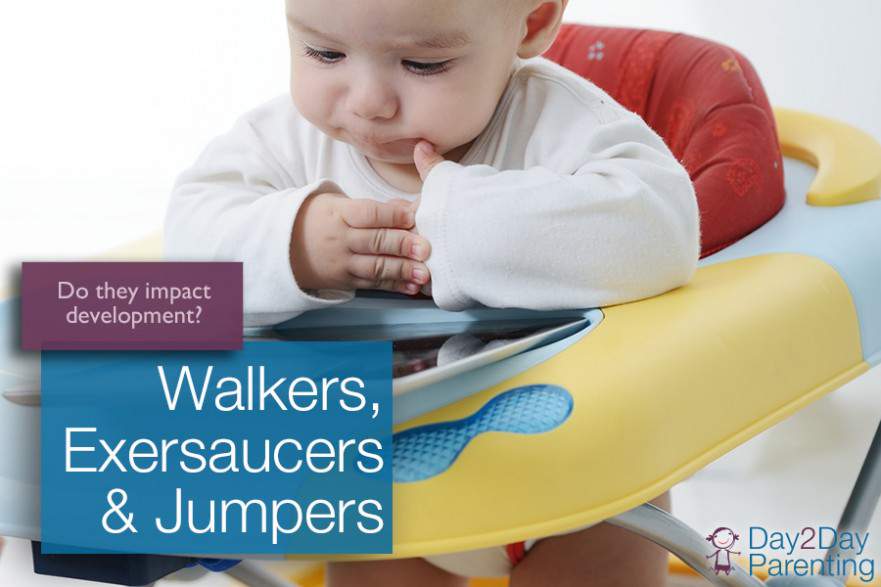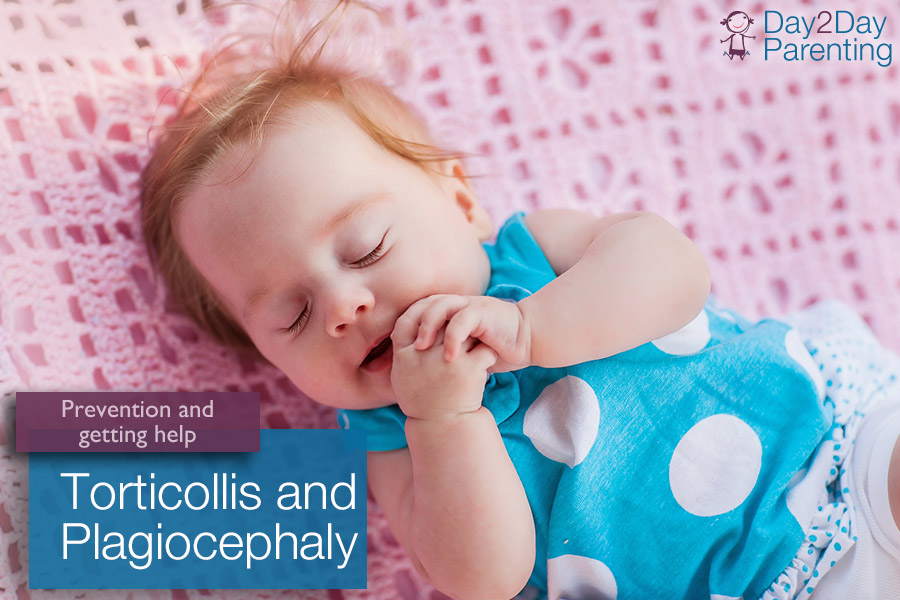Spasticity is a condition in which certain muscles are continuously contracted. This contraction causes stiffness or tightness of the muscles and may interfere with movement, speech, and manner of walking. Causes of Spasticity? Spasticity is usually caused by damage to the portion of the brain or spinal cord that controls voluntary movement. It may occur in association with spinal cord …
What is Rett Syndrome?
Rett Syndrome is a childhood neurodevelopmental disorder that affects females almost exclusively. What is Rett Syndrome? Loss of muscle tone is usually the first symptom. Other early symptoms may include problems crawling or walking and diminished eye contact. As Rett Syndrome progresses, the child loses purposeful use of her hands and the ability to speak. Compulsive hand movements such as …
What are the Symptoms and Treatments for Prader-Willi Syndrome?
rader-Willi Syndrome (PWS), is a complex genetic disorder that typically causes low muscle tone, short stature, incomplete sexual development, cognitive disabilities, problem behaviors, and a chronic feeling of hunger that can lead to excessive eating and life-threatening obesity. Symptoms of Prader-Willi Syndrome Here’s a breakdown of the symptoms by a child’s age: At Birth: Often breech or caesarean births Lethargy …
What is Hydranencephaly and What the Symptoms of Hydranencephaly?
Hydranencephaly is a rare condition in which the brains cerebral hemispheres are absent and replaced by sacs filled with cerebrospinal fluid. Hydranencephaly is considered to be an extreme form of porencephaly (a rare disorder characterized by a cyst or cavity in the cerebral hemispheres). Hydranencephaly Symptoms Some babies may have additional abnormalities at birth including seizures, myoclonus (spasm or twitching …
What are the Congenital Disorders of Glycosylation?
The CDG disorders are a group of newly discovered metabolic diseases called Congenital Disorders of Glycosylation. CDG disorders cause abnormal tissue and organ development affecting the entire body, especially the function of the central and peripheral nervous system. Congenital Disorders of Glycosylation is a recessively inherited disease, meaning that a child with CDG has inherited two non-working genes, one from …
What is Cerebral Palsy?
Cerebral Palsy is the term used to describe any one of a number of neurological disorders that appear in infancy or early childhood, and permanently affect body movement and muscle coordination, but don’t worsen over time. Even though cerebral palsy affects muscle movement, it isn’t caused by problems in the muscles or nerves. It is caused by abnormalities in parts …
Walkers, Exersaucers & Jumpers: Is There an Impact on a Baby’s Development?
More and more baby “exercise equipment” becomes available to parents every year and often parents ask us questions during therapy sessions and evaluations such as “Should I get a walker for my baby?” or “Will using a bouncer help strengthen my babies leg muscles?”. It is an important question to ask, as your baby’s natural development should be considered. What …
Medical Causes for Feeding Problems in Children
What are the causes of Feeding Problems? There are many factors which can contribute to problems feeding. They can be medical, environmental, behavioral, nutritional, sensory related, oral-motor related, or due to a child’s particular diagnosis which may encompass a few of the previously mentioned. Some Medical Causes of Feeding Problems Are: Gastroesophageal reflux disease (GERD): A condition often caused when …
Torticollis and Plagiocephaly: Prevention and Getting Help
What is Torticollis? Torticollis means ‘twisted neck’ and is caused by damage to or a shortening of the Sterno-cleido-mastoid muscle (SCM muscle) in a baby’s neck. Congenital Muscular Torticollis (CMT) can be caused by in-utero positioning, lack of space in the uterus, a traumatic birth, a multiple birth or low amniotic fluid. Some babies have an actual tumor in the …
How Selective Dorsal Rhizotomy May Help Children with Cerebral Palsy
Selective dorsal rhizotomy is a neurosurgical procedure which can permanently reduce spasticity and improve motor functions in children with cerebral palsy. If preformed at an early age it can reduce the number of orthopedic surgeries a child might need in the future. What is Muscle Stiffness /Spasticity in Children with CP? In a child with cerebral palsy, damage to the …


